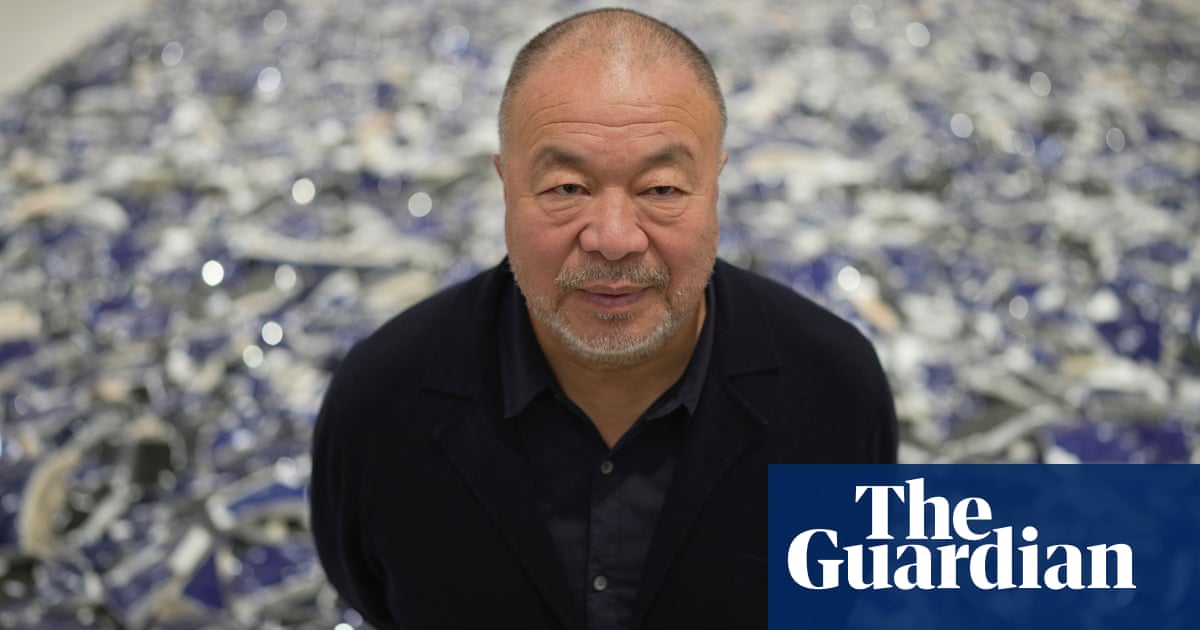
The acclaimed British director and artist Steve McQueen has launched a furious condemnation of British film and television makers, accusing them of a “shameful” failure to employ a diverse workforce. The country, he claims, is “far behind” America in representing its black, Asian and minority ethnic (BAME) population.
Criticising the dominance of white workers on sets, McQueen, a Turner prize-winning artist and the first black director to win an Oscar for best film, is calling for the immediate fast-tracking of BAME trainees within both film and television.
“Yes, I’m fed up. I don’t want to hear anyone say, ‘Oh yes, it’s terrible’ ever again. I’ve heard it a thousand times. They all agree, but nothing gets done. What I want is to see change, not hear excuses,” he writes in the Observer this weekend. He is calling for the culture of the whole industry to change: “It’s just not healthy. It’s wrong. And yet, many people in the industry go along with it as if it is normal. It’s not normal. It is anything but normal. It’s blindingly, obviously wrong. It’s blatant racism. Fact. I grew up with it.”
The attack from the director of Widows and 12 Years A Slave comes in the wake of international protests against racism. And this weekend, 700 BAME workers in the British screen industry have sent a letter to the culture secretary, Oliver Dowden, and to major television networks blaming them for not tackling the “culture problem” within the media.
The letter, drawn up by campaign group the Black, Asian and Minority Ethnic TV Task Force, describes a system where tokenism, stereotyping and glass ceilings all have to be negotiated by BAME newcomers.
McQueen’s separate reproof to his industry for being slow to change was prompted by a recent visit to a film set in which a friend of his was working. He was shocked, he claims, to find how few BAME workers were employed.
“It felt like I had walked out of one environment, the London I was surrounded by, into another, a place that was alien to me. I could not believe the whiteness of the set. I made three films in the States and it seems like nothing has really changed in the interim in Britain. The UK is so far behind in terms of representation, it’s shameful,” he said.
The artist, whose work was to have been celebrated in a cancelled retrospective at Tate Modern in London this spring, recently made a powerful contribution to the diversity debate with a photographic exhibition in Tate Britain. The popular show,
Year 3, displayed class photographs from primary schools across the capital.
This November, McQueen is to make his television debut with a series of six films made for the BBC about the black British experience. Small Axe was produced, he said, with every effort to find BAME workers, but still fell short of his aims.
“We tried very hard on Small Axe: we created our own training scheme with one trainee per department. But, in terms of heads of departments, it was just myself and a couple of other people who were black British,” said McQueen, adding that the situation was worse when the production moved from London to Wolverhampton: “We had tax breaks, incentives, financial support, but the only BAME people were the drivers and one electrician. The stark reality is that there is no infrastructure to support and hire BAME crew.”
The director said he loved the BBC and was grateful the series was made, but that initiatives were needed to “remedy the situation across the board”. The problem also reflects the British class system, he argues. “The two issues overlap: race and class. It’s the Oxbridge thing and it’s throughout the media … Basically, if you want to examine race and class in this country, start by going in a film set..”












